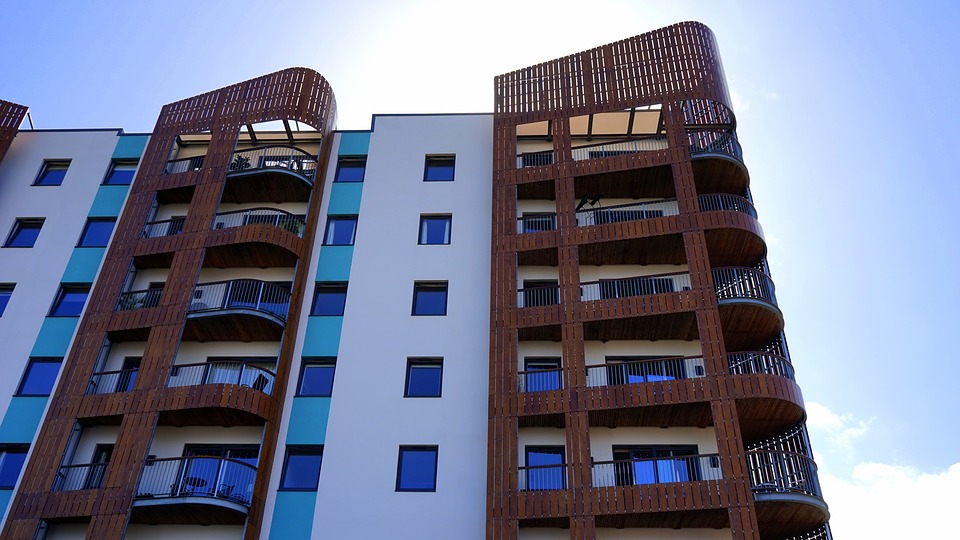Health Systems and Housing Properties
According to the American Hospital Association, as much as 40% of health outcomes could be dependent on nonmedical circumstances. Factors like housing, income, and access to healthy foods are a significant part of the medical recovery process. Health systems are beginning to address these concerns by stepping into another type of commercial real estate sector.
In the fall of 2019, USA Today covered a story on hospitals that are buying housing properties to provide further patient care. The article addresses several patients who were well enough to be discharged from the hospital but had no safe place to go. As a result, they occupied hospital beds for an extended time. In one case, a patient remained in the hospital for four years.
Full emergency rooms and a growing patient base are causing a dilemma for hospitals. With a legal and moral responsibility to keep patients who have no home to return to, hospital beds can be even harder to find. In an effort to resolve the homeless-patient epidemic, a few hospitals are providing new housing solutions. These are just two of the many examples of the connection between health systems and housing properties:
Bon Secours Hospital (Baltimore, MD) Offers More Than 800 Units
Mercy Health System’s Bon Secours, in Baltimore, Maryland, offers over 800 housing units that fit a variety of patient needs. Completely equipped kitchens and around-the-clock emergency maintenance are just two of the conveniences they offer. Their units also include both senior housing units and apartments for those with disabilities.
While some of their properties have been functioning since the 90s, Bon Secours has continued to develop new units in more recent years. According to one report, Bon Secours leveraged an investment of $102 million in housing construction. The yield is over $5 million in annual rent activity across all 800+ housing units.
St. Joseph’s Health System (Paterson, NJ) To Provide 71 Units
In the summer of 2019, St. Joseph’s Health announced its plan to open a 71-unit housing facility near St. Joseph’s Regional Medical Center. It is believed to be one of the first projects that involve both the state-mortgage finance agency and a health system. The goal is to revitalize the surrounding neighborhood while promoting health. Ten of the 71 units will be set apart for patients who frequent the emergency room and those with special needs. The hope is that these stable housing opportunities will reduce the patients’ dependency on the hospital. One source quotes the state-mortgage finance agency’s executive director Charles A. Richman: “Housing is health care.”
St. Joseph’s Health is contributing land and $3 million for the $20.3 million project. Many of the future residents will receive subsidies that allow them to pay only 30% of their income in rent. And 10 of the residents will be given vouchers, allowing them to live practically rent-free.
In addition to this project, three other New Jersey hospitals will be undergoing similar projects in the near future. The state-mortgage finance agency will be contributing $12 million toward state-wide hospital investments. It seems hospitals and housing are beginning to go hand-in-hand.
The Future of Health Systems and Housing Properties
Health systems have also invested in housing properties in Atlanta, Boston, Seattle, Ohio, and New York. They hope that the integration of health services and affordable housing will improve the local community and public health. Residents of these types of housing units have already shown positive results. Among other improvements, there have been decreases in emergency room visits and hospital admissions.
In the next few years, more affordable housing, senior housing, and transitional housing projects will arise. Recent changes in federal policies urge hospitals to apportion charity money to housing. And the implications of affordable housing and health are significant. Patients with special care needs, local economies, and whole communities will all feel the impact. The connection between hospitals and housing properties is just one of the healthcare CRE trends to watch in the coming years.
If you are interested in learning more about investing in commercial real estate, or if you have questions about buying, selling, or leasing a commercial property, please contact an HBRE advisor. Our team of experienced CRE professionals have the skills and insight to assist with all property transactions. To reach out to us directly, email [email protected] or call 615-564-4133.




